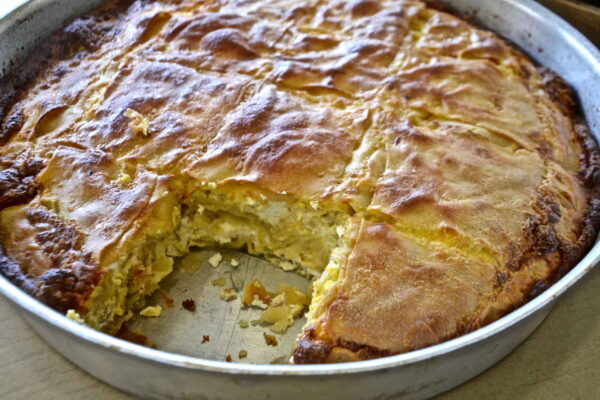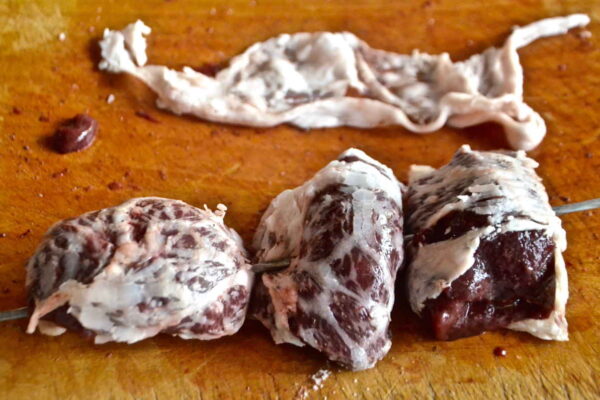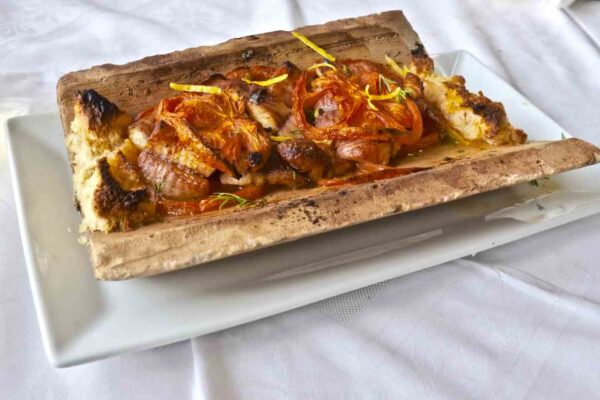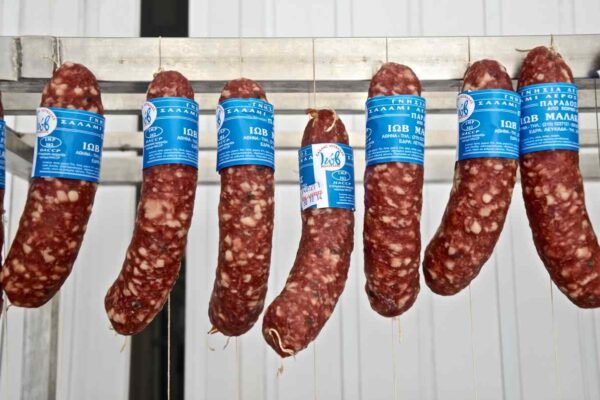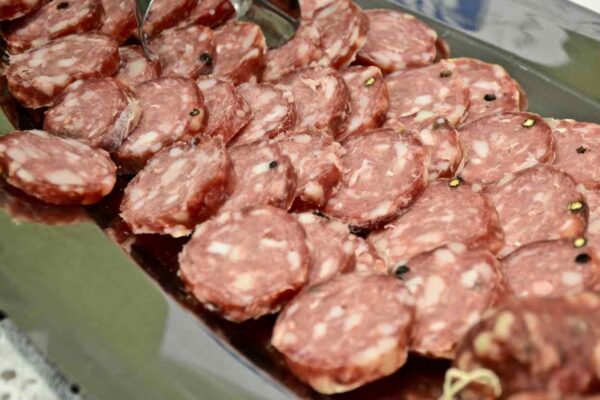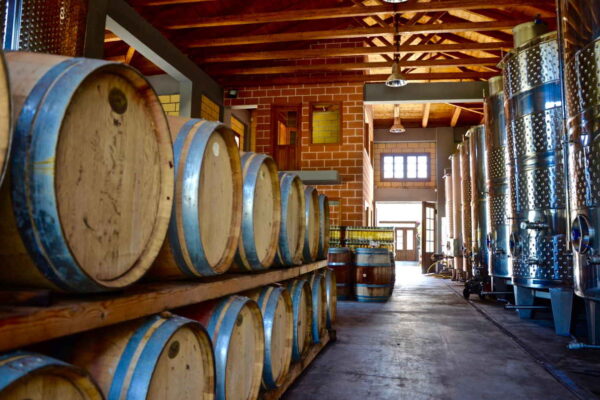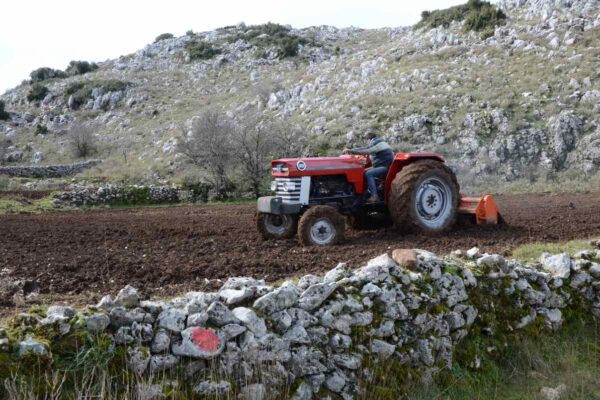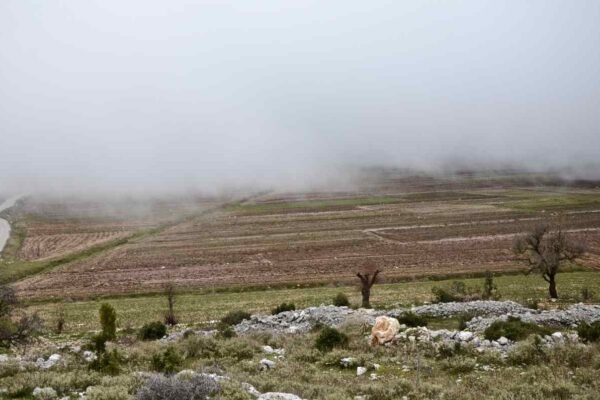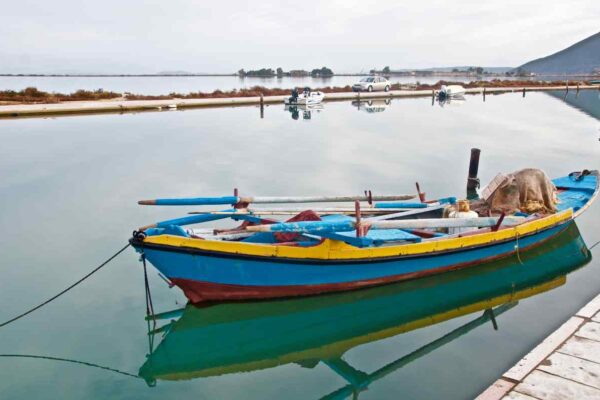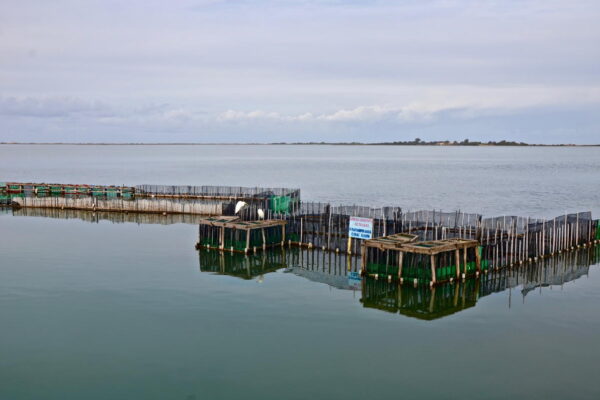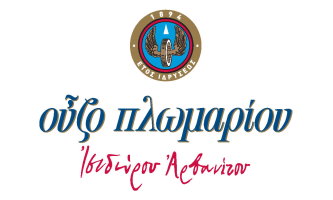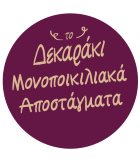Traditional Cuisine of Lefkada
Η Lefkada, the fourth largest island of the Ionian Islands, is connected to Etoloakarnania by a floating bridge about 20 meters long and together with Evia are the two only islands in Greece to which access is by road. The narrow and shallow strait - which joins the bridge - the Corinthians were the first to attempt to open for the needs of navigation in the 7th century BC. century, and then the Venetians, the French and the Ionian State without success, but the Ionian State implemented it in the middle of the 19th century.
Η cuisine of Lefkada is influenced by the mainland of Roumeli and mainly by the Venetian, due to Venetian rule.
The main products of the island are pelagic sea fish, the roe (small quantities) and fish from the wall (traditional technique of fishing in lagoons), the famous lentils of Englouvi due to their taste and their ability to boil very quickly, the special Lefkada air salami and from sweets, the pastels and nougat. Basic local products are also oil and wine in small quantities (with the main varieties being white Vardea and red Vertzami), while there are also notable wineries to visit.
The cuisine of Lefkada, which will be tasted in the fish taverns of the island, includes fish and seafood in a variety of recipes, such as fish soup, eel in the oven, bonito and eel baked on a tile (as in Arta), salted cod and sardines (one of the favorite dishes of the locals), cuttlefish cooked in their ink with rice, but also octopuses, squid, mussels and scallops.
A traditional dish that one will try only at family tables is oil pie, the most common dessert of Lefkada. It is a dessert reminiscent of halva with flour, except that the sweet porridge is sprinkled with sesame seeds, sugar and an almond is placed in each piece.
Other traditional Lefkada dishes are the coconut (rooster that usually becomes boiled soup or braised with spaghetti), the stuffed hermit crab (crabs stuffed with rice), h oregano (slices of dry bread baked, drizzled with olive oil, vinegar and plenty of dry grated oregano), known in the Ionian Islands frigadelia and savor and finally sofigado which is made a little differently than in the rest of the Ionian Islands, because in addition to beef and plenty of garlic, it also includes quinces.


